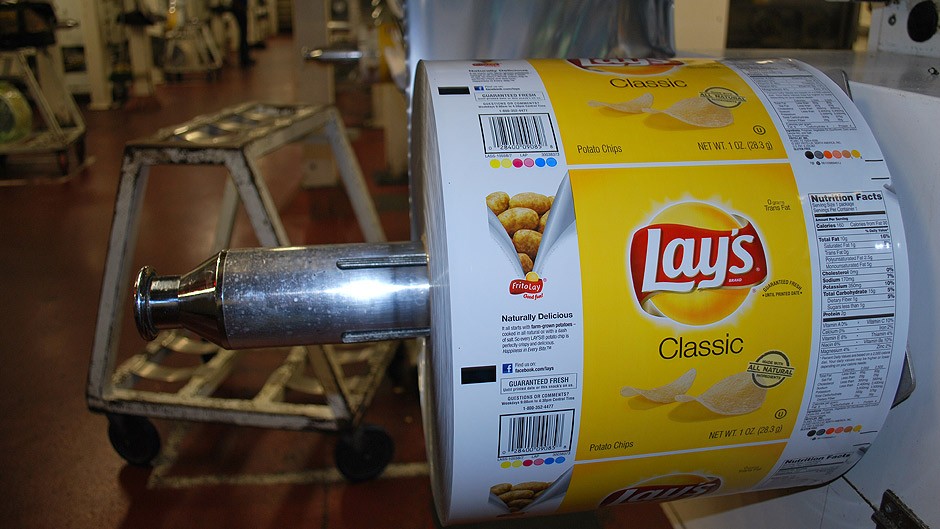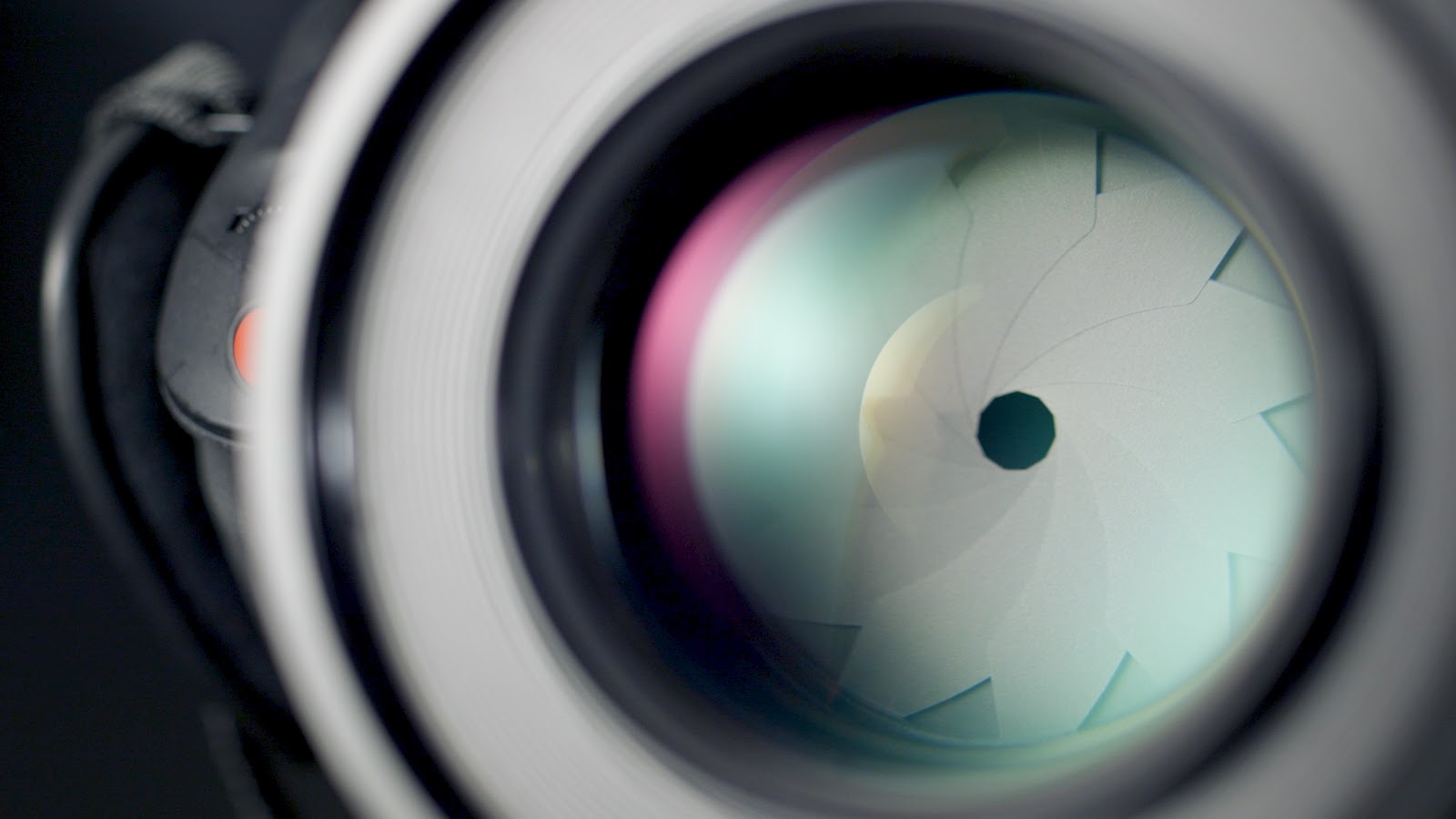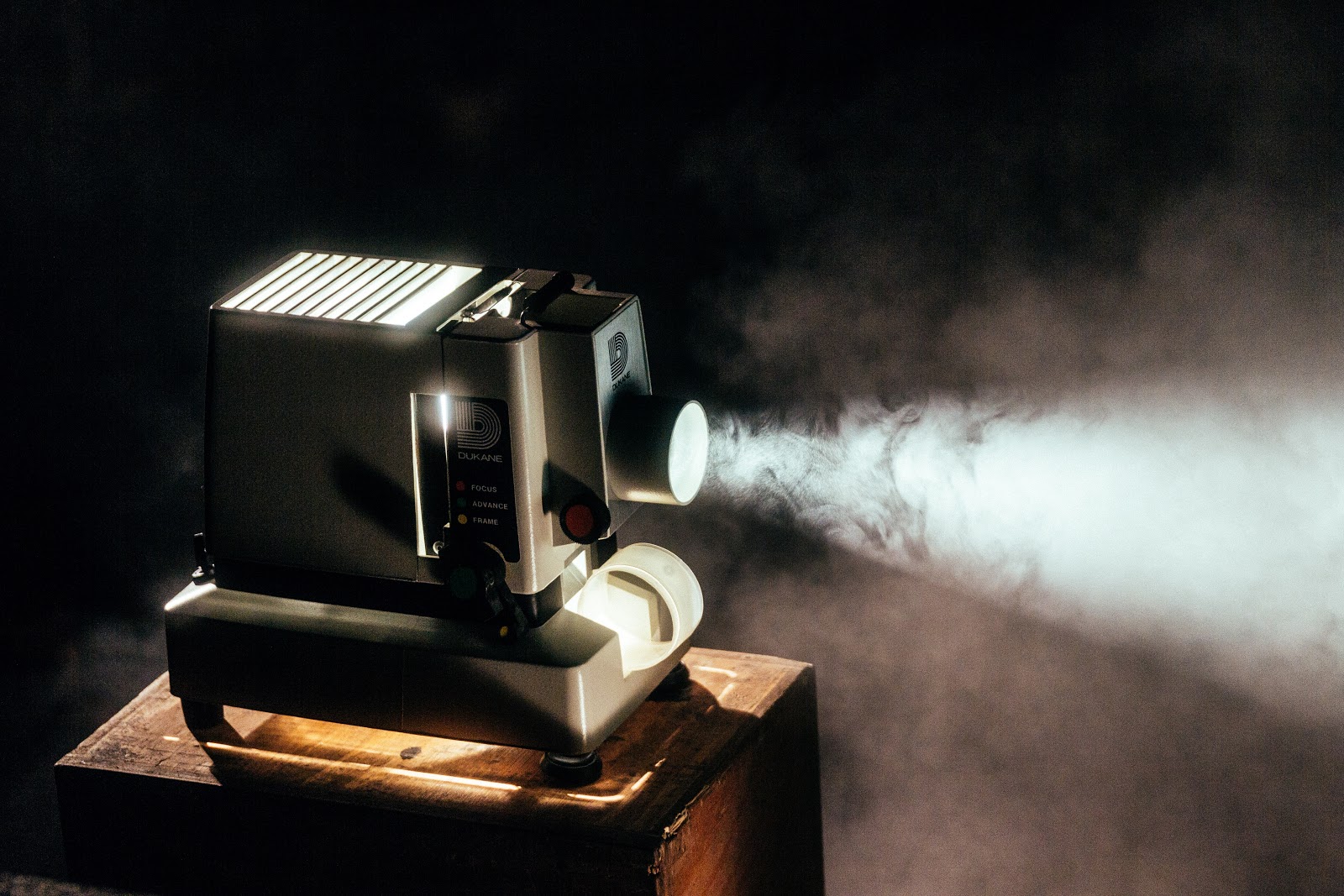Archives for machine vision
In this article, we will explore different types of visualizations that are provided by Yellowbrick and how we can create them according to our requirements.
The post Yellowbrick Hands-On Guide – A Python Tool for Machine Learning Visualizations appeared first on Analytics India Magazine.


The reliability of a machine learning model is assessed based on how erroneous it is. Lesser the number of errors, better the prediction. In theory, ML models should be able to predict, classify and recommend right every single time. However, when deployed in the real world, the model has a very good chance of running…
The post How Reliable Are Neural Networks Classifiers Against Unforeseen Adversarial Attacks appeared first on Analytics India Magazine.


Pareidolia is a widely documented phenomena in humans. It is the tendency to identify faces in random things. For example, the two photos above: one of young Vladimir Putin and the other of Home Alone actor Macaulay Culkin. This tendency doesn’t stop at faces. People with any trace of imagination can make things out of…
The post How The Totally-Looks-Like Dataset Can Save Algorithms From Getting Fooled appeared first on Analytics India Magazine.


Most of us are familiar with the packaging videos thanks to NatGeo’s mega-factories. The food and beverages industry giants like Pepsico bring over $ 60 billion in revenue per year. To meet the high consumption rate and to maintain the consistency in taste and texture of the product, companies go to great lengths by deploying…
The post How Machine Vision Keeps The Flavour Of Your Potato Chips Intact appeared first on Analytics India Magazine.


In the conventional object detectors, say, R-CNN, initially a set of object locations are generated and then these locations are classified whether they belong to the foreground or background classes using a CNN. This is working of a two-stage detector. In the case of one stage detectors like SSD, the accuracy is more when applied…
The post How RetinaNet Fixes The Shortcomings Of SSD With Focal Loss appeared first on Analytics India Magazine.


In the conventional object detectors, say, R-CNN, initially a set of object locations are generated and then these locations are classified whether they belong to the foreground or background classes using a CNN. This is working of a two-stage detector. In the case of one stage detectors like SSD, the accuracy is more when applied…
The post How RetinaNet Fixes The Shortcomings Of SSD With Focal Loss appeared first on Analytics India Magazine.


The month of January witnessed a myriad of research works open sourced by the likes of Google, Facebook and Stanford. These works set new benchmarks for NLP and image recognition techniques while improving on the pre-existing models. Recently Google introduced a paper on Natural Questions (NQ), a new dataset for QA research, along with methods…
The post AI’s First Week Of Open Sourcing In 2019 appeared first on Analytics India Magazine.


A human eye has between six and seven million cone cells, containing one of three colour-sensitive proteins known as opsins. When photons of light hit these opsins, they change shape, triggering a cascade that produces electrical signals, which in turn transmit the messages to the brain for interpretation. This whole process is a very complex…
The post What Is The Difference Between Computer Vision And Image Processing? appeared first on Analytics India Magazine.

